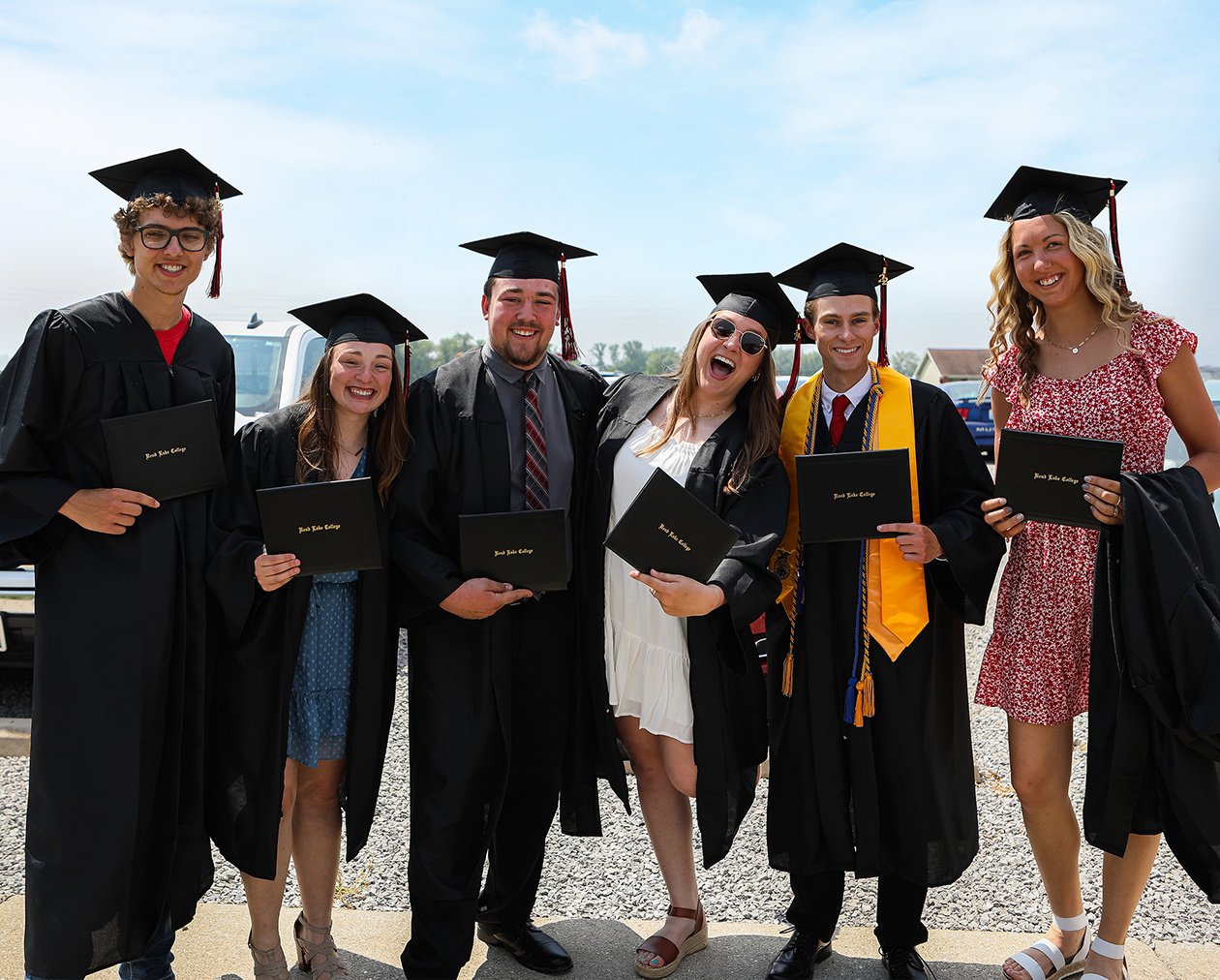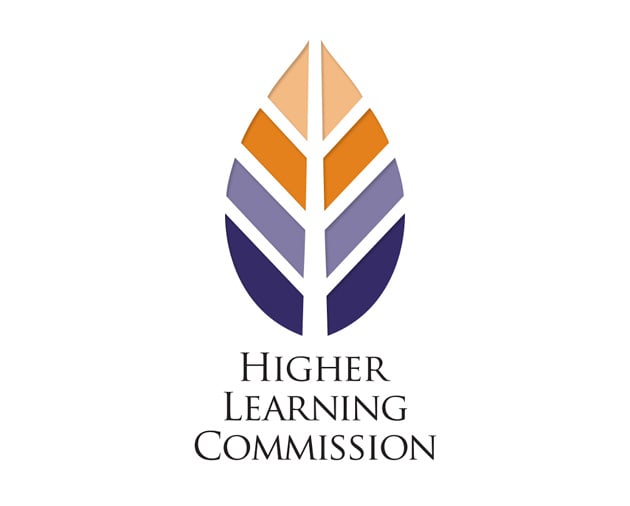Associate in arts degrees
Mathematics
program details
Courses
| Total = 64 Hours | |
|---|---|
| Fall Semester | |
| ENGL 1101 - Rhetoric and Composition I | 3 Cr. Hrs. |
| MATH 1110 - Precalculus | 5 Cr. Hrs. |
| Life Science with Lab | 4 Cr. Hrs. |
| Social Science | 3 Cr. Hrs. |
| Total | 15 Cr. Hrs. |
| Spring Semester | |
| ENGL 1102 - Rhetoric and Composition II | 3 Cr. Hrs. |
| MATH 1121 - Calculus and Analytic Geometry I | 5 Cr. Hrs. |
| Elective | 3 Cr. Hrs. |
| Physical Science | 3 Cr. Hrs. |
| Social Science | 3 Cr. Hrs. |
| Total | 17 Cr. Hrs. |
| Fall Semester | |
| COMM 1101 - Principles of Effective Speaking | 3 Cr. Hrs. |
| MATH 2122 - Calculus and Analytic Geometry II | 5 Cr. Hrs. |
| Fine Arts | 3 Cr. Hrs. |
| Humanities | 3 Cr. Hrs. |
| Social Science | 3 Cr. Hrs. |
| Total | 17 Cr. Hrs. |
| Spring Semester | |
| HEA 1101 - Health Education | 2 Cr. Hrs. |
| MATH 2108 - Linear Algebra | 3 Cr. Hrs. |
| MATH 2123 - Calculus and Analytic Geometry III | 4 Cr. Hrs. |
| MATH 2130 - Differential Equations | 3 Cr. Hrs. |
| Fine Arts / Humanities | 3 Cr. Hrs. |
| Total | 15 Cr. Hrs. |
Costs & How To Pay
Payments on student accounts must be made by the deadline included on the student statement.
- Fall: July 15
- Spring: December 15
- Summer: May 15
Students who do not make payments by this deadline may be dropped from their classes.
Program Outcomes
2. Demonstrate the ability to communicate mathematically.
3. Apply critical thinking process to understanding and evaluating math problems.
4. Demonstrate ability to solve problems relating to real world applications.
VIDEO
Career Connection
Finance Career Cluster Featuring:
Jason Newell
Vice President
Community First Bank of the Heartland
Key Information for Applying
Become Familiar with RLC Admission Requiremements
Being well-informed about admission requirements increases your chances of a successful application and an overall smooth application process.
Apply for Admission
Applying to Rend Lake College is an investment in your future, offering numerous benefits that lead to professional and personal growth.
Speak with an Academic Advisor
Academic advisors are valuable resources for maximizing your college experience and ensuring you make the most of your education.
Apply for Financial Aid
Applying for financial aid opens up a range of financial resources and options that can make attending college more affordable and less stressful.
Start Here. Go Anywhere.
Transfer Information
Students who graduate with an Associate Degree can transfer their credits to a university and pursue a Bachelor's degree and beyond.
Articulation agreements - also known as Transfer Guides - document the pathway between RLC and the university. Historically, RLC has built articulation agreements with midwestern universities. However, students have worked with both institutions to build a pathway.
View our transfer guides and more about articulation agreements

Accreditation
Quality Education. Guaranteed.
Since 1969, Rend Lake College has been accredited by the Higher Learning Commission (HLC), one of six regional accreditors in the United States. Accreditation is vital to what we do. It serves as a measure of quality, allows us to access and distribute federal student aid, facilitates the transfer of classes between institutions and more. The Higher Learning Commission is recognized by the U.S. Department of Education and by the Council for Higher Education Accreditation.

Faculty & Staff
Alex Martin
Mathematics Instructor | Arts & Sciences Division
Cindy Caldwell
Mathematics Professor | Arts & Sciences Division
Jeff Keen
Mathematics Instructor | Arts & Sciences Division | Math Lab Coordinator
Faith Blair
Administrative Assistant | Arts & Sciences Division
Greg Hollmann
Dean of Arts & Sciences Division
Arts & Sciences Division
Phone: (618) 437-5321 ext. 1263
Email: ArtsSciences@rlc.edu
Address: 468 N. Ken Gray Parkway, Ina, IL 62846 Attn: Arts & Sciences
Fax Number: (618) 437-5677 Attn: Arts & Sciences










